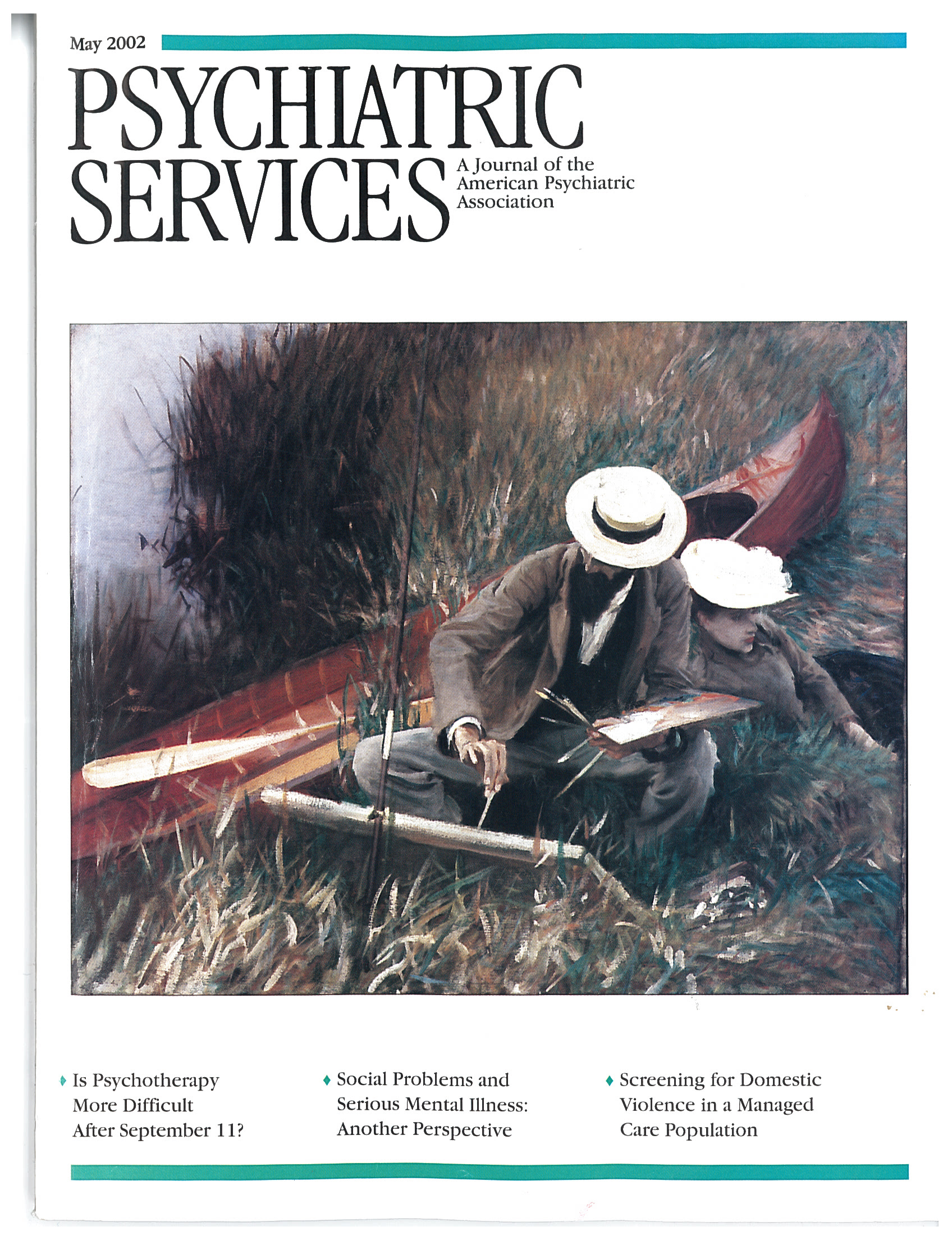In Reply: We appreciate the comments of Dr. Fleishman. As he notes, receiving dosages of antipsychotic medications outside of recommended and generally effective ranges does not in itself indicate poor-quality care. Low dosages of these drugs may have been appropriate for some older patients in this cohort or for patients suffering from side effects.
More suggestive of problematic delays in transferring research findings to clinical practice is the 28 percent of patients in our study who received high dosages of antipsychotics some eight to 15 years after research reports and review articles indicated that this treatment strategy yields little benefit.
As Dr. Fleishman points out, psychiatrists may base their treatments on clinical experience in addition to—and sometimes instead of—the scientific literature. This strategy may succeed, and some patients may respond to treatments that have little research support.
However, clinicians must be careful when implementing unproven treatments or when continuing treatments that have been demonstrated to be "usually ineffective." Clinical experience, like open-label trials, is subject to biases (
1). Both clinicians and patients hope that new treatments will work, and without control groups, random treatment assignment, and blinded ratings, they may have great difficulty separating their hopes and the natural variations in clinical presentation from the effects of treatment.
We suspect that many of the patients in the sample who were receiving high dosages of antipsychotics did not respond but were nonetheless maintained on high dosages. Many were symptomatic. Clinicians may have been misled by the earlier popularity of the high-dosage treatment strategies. They may have misinterpreted minor changes in the patient's presentation as a partial response or may simply have been reluctant to decrease antipsychotic dosages when patients were ill. Unfortunately, high dosages of antipsychotics can cause serious side effects.
Dr. Fleishman states that it is hard to imagine that a substantial minority of psychiatrists would use ineffective or harmful treatments. We agree that psychiatrists are dedicated professionals and have their patients' best interests at heart. Nevertheless, history indicates that psychiatrists may indeed use ineffective and harmful treatments, particularly if patients are severely ill. In the not-too-distant past, patients with schizophrenia were referred for lobotomies, and family members were told that they played an important role in the genesis of the patient's illness (
2). Patients who have schizophrenia may have dramatic symptoms, and the pressure to pursue aggressive or new treatments can be immense—even when there is no evidence of substantial benefit.
Psychiatrists and mental health organizations must follow the literature closely and conduct trials of less studied treatments carefully. The Texas Medication Algorithm Project's guidelines for schizophrenia make treatment recommendations that go beyond the research evidence, but only when evidence-based treatments have been tried and clinicians use a specified timeline and structured method for assessing treatment response (
3). Clinicians would do well to adopt such a structured approach with their patients.
We believe our data provide an important cautionary message. As noted in our paper, regular monitoring of the pharmacological treatment of patients with schizophrenia may be important in optimizing care.

